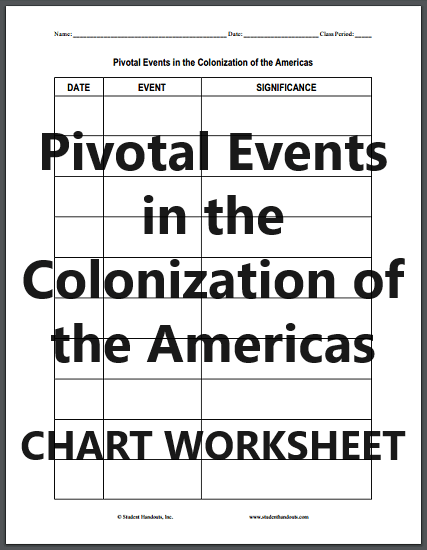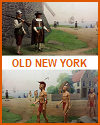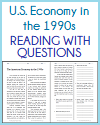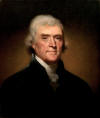| Pivotal Events in the Colonization of the Americas Chart Worksheet |
|---|
| www.studenthandouts.com ↣ U.S. History ↣ Colonial Period ↣ Worksheets |
 |
    |
|
Students complete this blank t-chart, listing and describing major events of the colonization of the Americas. Click here to print. Answers will vary. The colonization of America was a complex and multifaceted process that spanned several centuries and involved numerous pivotal events. These events significantly shaped the course of American history and had a profound impact on both indigenous populations and European settlers. Here are some of the pivotal events in the colonization of America: 1492 - Christopher Columbus's First Voyage: Christopher Columbus, sailing under the Spanish flag, reached the islands of the Caribbean in 1492. This voyage marked the beginning of European exploration and colonization in the Americas. 1513 - Ponce de León in Florida: Spanish explorer Juan Ponce de León landed in Florida in 1513, becoming one of the first Europeans to set foot on what is now the continental United States. 1519-1521 - Hernán Cortés and the Aztec Empire: Hernán Cortés led the Spanish conquest of the Aztec Empire in present-day Mexico, culminating in the capture of the Aztec capital, Tenochtitlán, in 1521. 1532-1533 - Francisco Pizarro and the Inca Empire: Spanish conquistador Francisco Pizarro conquered the Inca Empire in present-day Peru, leading to the downfall of the Inca civilization. 1607 - Jamestown Settlement: The English established the first permanent English settlement in North America at Jamestown, Virginia. This marked the beginning of English colonization in the New World. 1620 - Mayflower compact: The Pilgrims, English Separatists seeking religious freedom, arrived at Plymouth, Massachusetts, and signed the Mayflower Compact, an early form of self-governance. 1626 - Peter Minuit and the Purchase of Manhattan: Dutch colonist Peter Minuit purchased Manhattan Island from the Lenape Indians, laying the foundation for Dutch settlement in New Netherland (later New York). 1630 - Puritan Migration to Massachusetts: The Great Migration of Puritans from England to Massachusetts Bay Colony began, leading to the establishment of several new towns and communities. 1637 - Pequot War: The Pequot War, one of the first major conflicts between English settlers and Native American tribes, erupted in New England, resulting in significant casualties among the Pequot people. 1670 - Founding of Charleston: English settlers established the town of Charleston in the Carolina colony, marking the beginning of English colonization in the South. 1682 - Founding of Philadelphia: William Penn, a Quaker, founded the city of Philadelphia in Pennsylvania as a haven for religious freedom and tolerance. 1754-1763 - French and Indian War: This conflict between Great Britain and France over control of North America led to the Treaty of Paris in 1763, which resulted in Great Britain gaining control of Canada and all lands east of the Mississippi River. 1776 - Declaration of Independence: The American colonies declared their independence from British rule with the signing of the Declaration of Independence, leading to the American Revolutionary War. 1783 - Treaty of Paris: The Treaty of Paris officially ended the American Revolutionary War, recognizing the United States as an independent nation and establishing the western boundary at the Mississippi River. 1803 - Louisiana Purchase: The United States acquired a vast territory from France with the Louisiana Purchase, doubling the size of the country and opening up westward expansion. These events represent just a portion of the complex history of colonization in America. Over time, various European powers, including Spain, France, England, the Netherlands, and Portugal, established colonies in different regions of the Americas, each with its own unique history and impact on the continents' development. These colonies would eventually evolve into the United States and the nations of Latin America, each with its own distinct cultural and historical heritage. |
| Colonial Period Books and Films | Colonial Period Learning and Study Games |
| Colonial Period Image Galleries | Colonial Period Outlines and PowerPoints |
| Colonial Period Miscellany | Colonial Period Worksheets |
| www.studenthandouts.com ↣ U.S. History ↣ Colonial Period ↣ Worksheets |














































